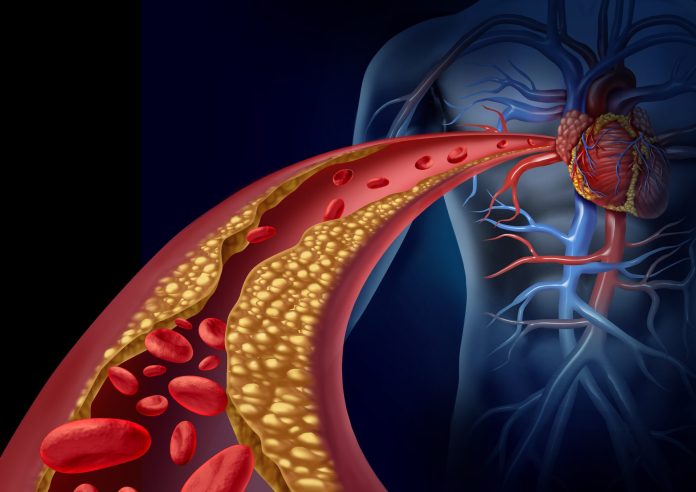
A study of people with homozygous familial hypercholesterolemia, a rare inherited condition causing high cholesterol, shows men seem to be at higher risk of cardiac events such as heart attack as a result of their condition than women with the same disease.
The research, published in JAMA Cardiology, showed that the increased risk in men did not appear to be age dependent, as women with the condition who did experience heart attacks had them at a similar age to the men in the group.
“Additional research is needed to better understand this phenomenon, with particular focus on female specific… risk factors,” write Jeanine Roeters van Lennep, a professor at the Erasmus Medical Center Cardiovascular Institute in Rotterdam, and colleagues.
Homozygous familial hypercholesterolemia, which involves carriage of two disease-causing mutations, is a rare cardiovascular condition that affects between one in 250,000 to one in 360,000 people, depending on the region. People who inherit this condition have high low-density lipoprotein (LDL) cholesterol from birth onwards, which can lead to very early heart disease due to buildup of cholesterol in the blood vessels.
It is important to diagnose children with this condition as soon as possible, as therapies such as cholesterol-lowering statins, lipoprotein apheresis and newer options such as PCSK9 inhibition, microsomal triglyceride transfer protein inhibition (lomitapide), or ANGPTL3 blockade (evinacumab) can all help delay the onset and progression of the disease.
Significant sex differences have been observed between how and when men and women develop cardiovascular disease. For example, women often have a later onset of cardiovascular disease than men. In women, cardiovascular disease or related events are more common after the menopause, which is likely linked to hormone changes.
In this study, Roeters van Lennep and colleagues assessed whether there were also sex differences in individuals with homozygous familial hypercholesterolemia. The researchers included clinical data from 389 women and 362 men with the condition from 38 countries.
Age at diagnosis was similar between sexes and occurred between five and 27 years. Untreated and treated levels of LDL cholesterol were similar in men and women in the group and the participants also had comparable cardiovascular risk factors, although slightly more men smoked than women at 27% vs 14%, respectively.
Sixteen years after diagnosis, more men (13.7%) with homozygous familial hypercholesterolemia had experienced heart attacks than women (5.0%), although the average age at first heart attack was similar at 39 years in women and 38 years in men. Over the same time period, risk of dying from cardiac causes was also lower in the women than the men at 2.6% vs 4.1%, respectively.
“The findings indicate that both women and men with homozygous familial hypercholesterolemia have a very high risk of premature atherosclerotic cardiovascular disease, suggesting that early diagnosis and treatment are important steps in attenuating excessive cardiovascular risk in both sexes,” conclude the authors.













